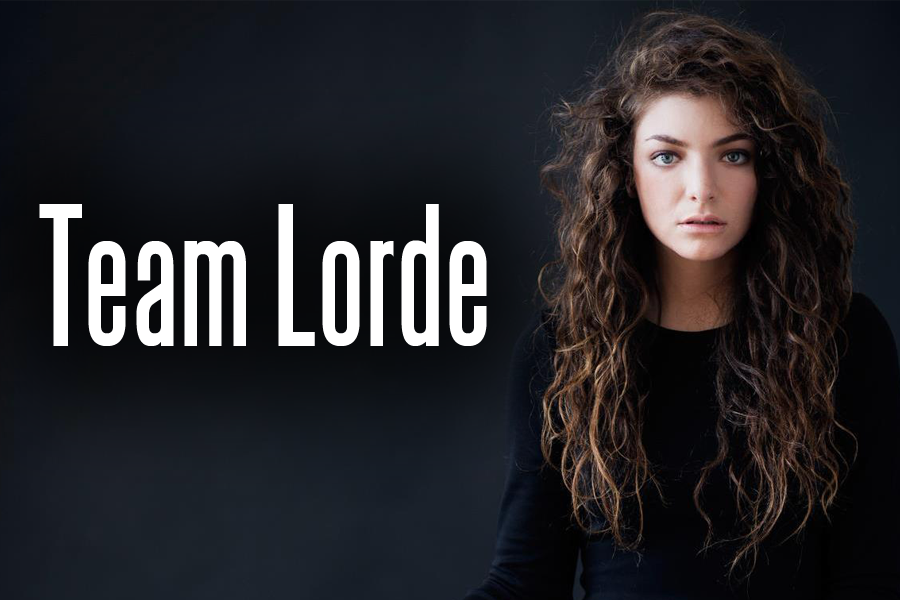The majority of sixteen-year-old girls occupy their time with final exams and weary driving examinations, essays, frappacinos and lipgloss. This is not to be said for Ella Maria Lani Yelich-O’Connor or, more commonly known as, Lorde, the New Zealand rising pop superstar who, conquering the charts since her breakthrough single “Royals” (you may have heard it) for some time now . Her first EP “The Love Club” released in November 2012, contains only five tracks; they’re enough to make her one of the youngest dominating songwriters at the time and change the pace of pop music.
Lorde, at sixteen, continues to dominate the charts and my life. Her music constantly blares in my ears and I feed off of, and completely relate to, her musing and, at times, frustrated lyrics. “I’m kind of over getting told to throw my hands up in the air. So there,” a lyric from Lorde’s song “Team” reiterates a smell like teen spirit dirt on your shoe and chip on your shoulder angst.
Lorde’s music proves difficult to categorize. It has linked to Lana Del Rey, Ellie Goulding and Sky Ferriera. However, her sound breaches far beyond rhythmic electronics or even haunting, pensive and at times arrogantly melodramatic lyrics. For example, Lorde’s debut album “Pure Heroine”, released in September, encompasses a full range of sonics.
Her music exudes emotion and strength through raw and relatable lyrics that tip-toe into all-in-good-fun rebellion. “It’s a new artform- showing people how little we care” –Lorde’s songs are mantras. Moreover, Lorde attracts attention from a range of artists, including Kanye West, the prickliest of superstars and Grimes.
In a flood of overtly sexualized female artists populating the charts, Lorde’s brilliant lyrics and sound, proving more Björk than Britney, are comparable to the likes of Lana Del Rey and sonically atmospheric. However, Lorde’s voice and influence encompasses more than record sales or even music. Her message encounters themes of growing up too fast, being surrounded by a hyper-capitalistic environment and feminism. She’s smart. She’s in control of herself, her work and her career.
In a recent article, Lorde stated “A while ago I watched a clip of Patti Smith (eternal queen of cool in my eyes) relay this thing [writer] William S. Burroughs had said to her. He said, ‘Build a good name for yourself, because eventually that will become your currency,’” according to Stuff.co.nz. You didn’t hear Miley Cyrus quoting a couple of the most controversial writers in American history. Or proclaiming her ideals on feminsim and gender politics, discussing Selena Gomez’s “Come and Get It” or Lana Del Rey’s lyrics as dependent on men: “This sort of shirt-tugging, desperate, don’t leave me stuff,” Lorde told Fader magazine, “that’s not a good thing for young girls, even young people, to hear.”
Lorde represents the demise of the social accessibility and acceptability of a pop star, with a new dimension of pop music and pop culture that goes far beyond the bubble-gum pop musicians that have come before her. Lorde masters subversion and provocateur without the use of latex thongs or foam fingers which seemingly suggests more than sports fandom. She offers artistic insight which surpasses those of her contemporaries, both musically and lyrically, but on a more philosophical level.
No question, I’m on team Lorde.




